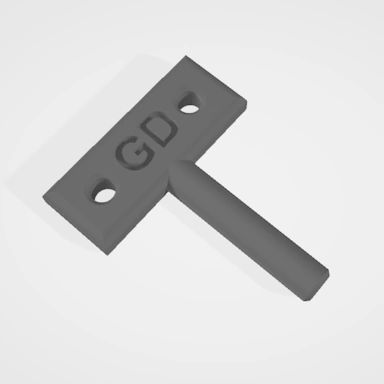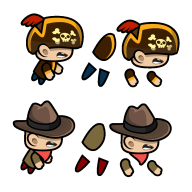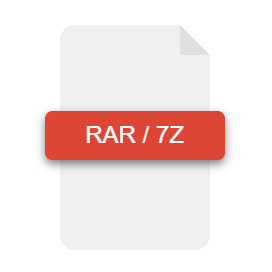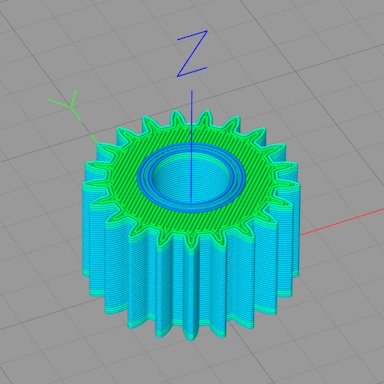How does converting Blender to X3D work?
In order to successfully convert an Blender formatted file to the X3D format, our converter tools will perform several initial checks to ensure the file provided is indeed an Blender file. There are many files out there where the file type extension does not match the data contained within the file. Along with these file type checks, our tools will do additional checks to ensure the file is correctly formatted to match the provided file type. There are many tools out there that do not always create Blender files to the exact specification.
Take your Blender file
A Blender Blender file is a binary data file containing 3D data such as vertices, faces, normals, materials, animations, shaders, and other related data that make up the 3D scene. To guarantee efficient conversions, our tool will check all data that is contained within the Blender file and remove any information that is duplicated. This not only ensures the conversion completes more quickly, but also the generated X3D file size is smaller. Our Blender to X3D converter supports all versions of the Blender file format.
As the X3D file format does not support material textures, our tool when processing the Blender file will ignore any texture image files that may be present. It will also ignore any texture coordinate information present in the 3D model data.
Convert the data from Blender to X3D
Now that the data from the Blender file has been processed, our tool can apply any conversion specified options, such as enabling Voxel mode, and with these applied, prepare the data to be converted to the final X3D file format. Part of this process ensures checking the capabilities of the X3D format and removing any data that cannot be represented.
Save to the X3D format
At this point, the Blender to X3D conversion tool will have the 3D model in a state that is ready to be transferred to the X3D format. Our tool creates the X3D file, ensuring all the model data is present and is formatted to match the X3D file specification to ensure the file opens in compatible X3D file editors.









